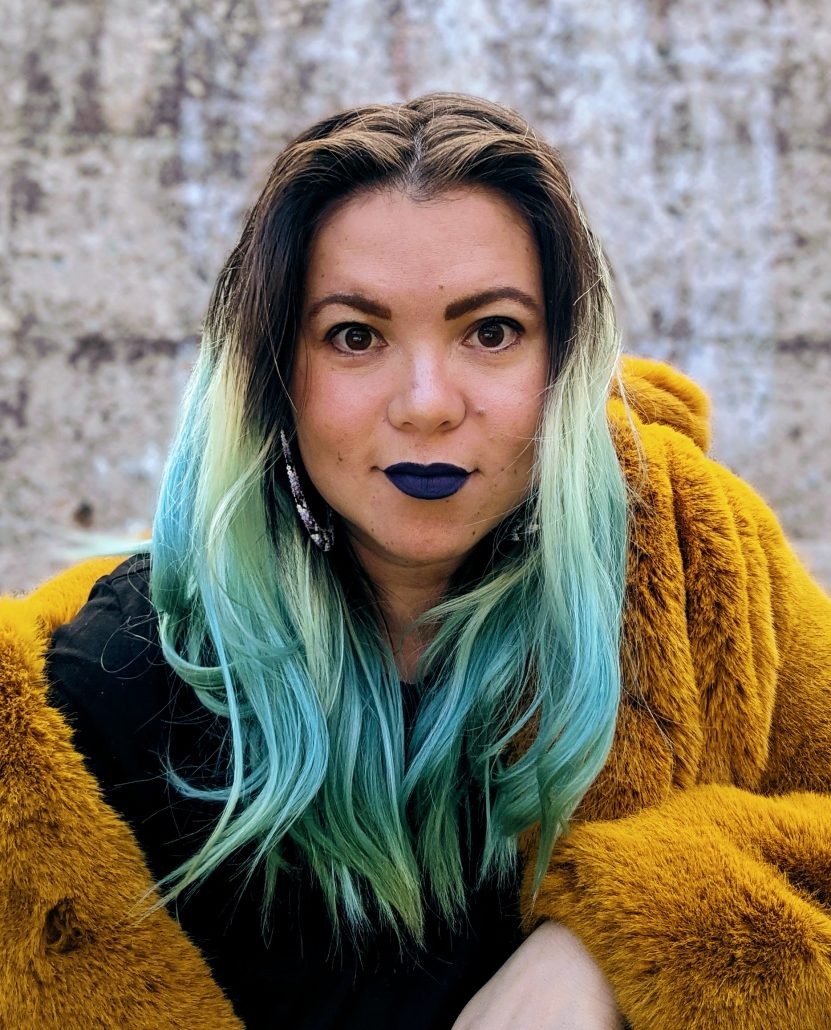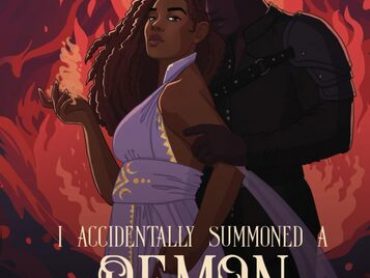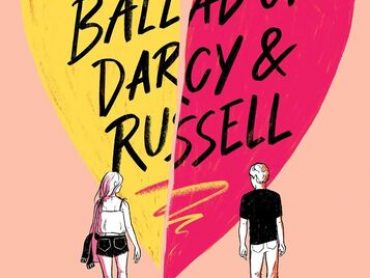Anna Gracia is the author of Boys I Know. Boys I Know follows June Chu, who has a mother that insists she follow in her (perfect) sister’s footstep. The book explores Asian American identity and teen sexuality. YEM was able to speak with Anna about writing a book about how girls are taught to internal misogynistic double standards, how long it took to write Boys I Know, and how she created the character of June.
Young Entertainment Mag: How does it feel to have your YA novel Boys I Know out?
Anna Gracia: “It’s an honor just to be Asian.” Oh wait, does that not answer the question? I mean, great. Relieved. Tired. Proud. All the adjectives I can’t think of because my brain is tired from writing said book. I’m like Michael Phelps after winning each of his gold medals in Beijing, just smiling blankly and saying “Yeah I don’t know, it feels good.”
YEM: Do you remember when you first wanted to become an author?
Anna: I have an incredibly nerdy answer for this, so strap in: When I was 13, I decided to sit down and plot out my life. I would go to college and major in accounting. When I built up some savings and got promoted to a tolerable level (to build up said savings), I would go back to school to become a teacher. And one day, someday, I should like to write a book. That was my life plan. And uh, without necessarily meaning to, I stuck to that exact plan more or less. So on one hand, I never really sat around dreaming about becoming an author; but on the other hand, I maybe always knew I did?
YEM: Boys I Know deals with the stereotypes Asian American girls are faced with. What made you want to write a book that tackles this issue?
Anna: Well it’s my life. But also, I hadn’t necessarily seen a lot of media centered around the specific experience of dating while being an Asian American girl. I don’t think our community talks enough about some of the hardships faced, especially gendered hardships
YEM: How much of your book is influenced by your life, if any part of it?
Anna: “This is a work of fiction. Names, characters, places, and incidents are the product of the author’s imagination” yadda yadda yadda. I’m Asian American and grew up in the Midwest like my main character and I’ll leave it at that.
YEM: What was the process of writing your book like?
Anna: Painful? Lengthy? Arduous? See Question 1 for my issues in sourcing adjectives at the present time.
YEM: What do you hope your readers can take away from reading Boys I Know?
Anna: I hope they realize that romantic relationships can’t fulfill all needs. That parents are often unchanging, but might show their love in different ways than their children understand. That they don’t need to settle for voluntary relationships that are “good enough.” And that, while some of the experiences they might encounter during dating and sex might be common, that doesn’t make them acceptable.
YEM: Did you know from the start that you wanted to write a book about how girls are taught to internal misogynistic double standards?
Anna: Yes. Absolutely. It is my hill to die on and I’m not sure we can ever talk about it enough. The patriarchy hurts us all and I wish more people, especially cishet girls, would realize it.
YEM: How long did it take for you to write Boys I Know?
Anna: I don’t have a great system for keeping track of those kinds of things because I write over the same draft document, but I’d say about a year for the first draft–4 years from start to sale–then another 6 months of editing for publication.
YEM: What is your favorite part about writing for a young adult audience?
Anna: Teens are my favorite age of people because they’re old enough to reason well, cynical enough for my humor and life outlook, but still optimistic and flexible enough to believe things can change. To me, it’s the perfect vector from which to write a story because you’re not just telling a story, but you’re telling a story that could impact someone’s entire life. (It also could not and that’s fine too.) Adolescence is a formative time and I like the idea of helping teens explore ideas in a non-exploitative way.
YEM: What does it mean to you to have recognition for your writing such as being an Indies Introduce and an Indie Next pick, and being featured in the New York Times?
Anna: Obviously it’s awesome. No matter what anyone says, we all like to be recognized and rewarded for our efforts, so having these honors was pretty staggering. Though I will admit that while the whole Indies Introduce thing was the most exciting in terms of getting to fly out to the Children’s Institute and sign ARCS and other cool stuff, the NY Times was great in that I didn’t have to stop and explain what it meant to all of my friends and family outside of the publishing industry.
YEM: How did you create the character of June?
Anna: Alchemy? I’m not sure. I’m one of those people who needs to write in order to figure things out so she just kind of evolved naturally into who she is without too many purposeful manipulations. I just threw in incidents and thought: ‘how would June react to this’ and went from there. It’s chaos in my brain.
YEM: What are you planning to write in the future?
Anna: I have two more books coming out next year: The first is an adult novel called THE BREAK-UP VACATION about a college student who follows her ex-boyfriend to Mexico with her two best friends, but none of them know about her plan to win him back. The second is another YA coming-of-age contemporary about 3 girls competing against each other at an elite tennis camp, called MISDIRECTION OF FAULT LINES.





